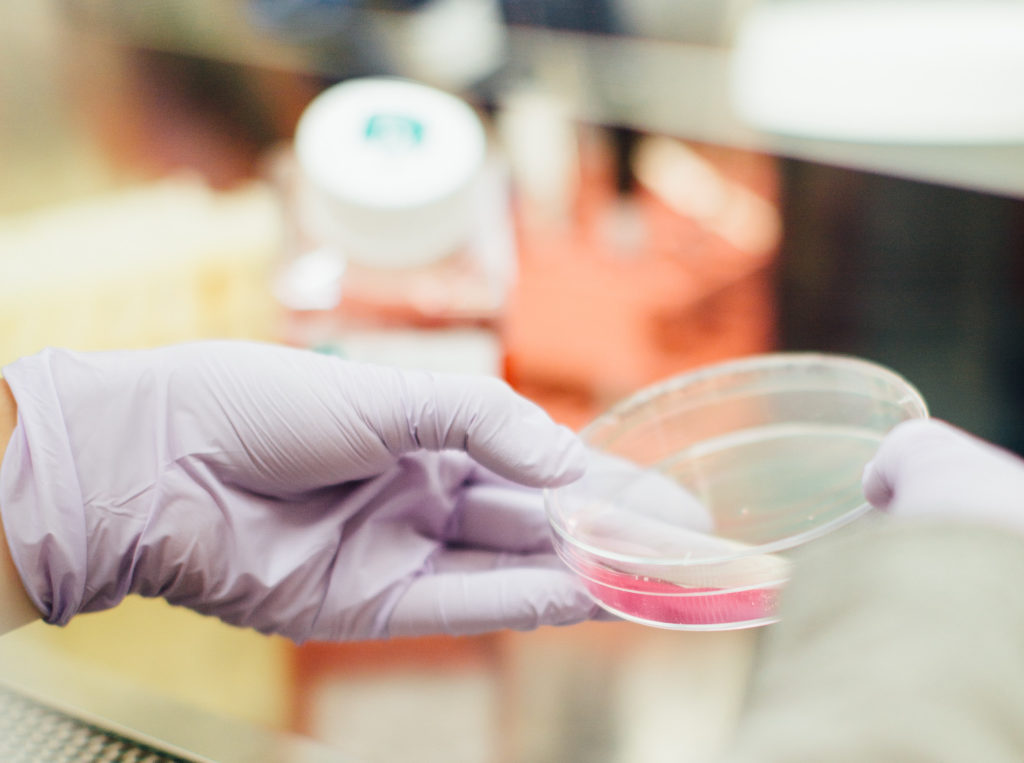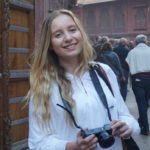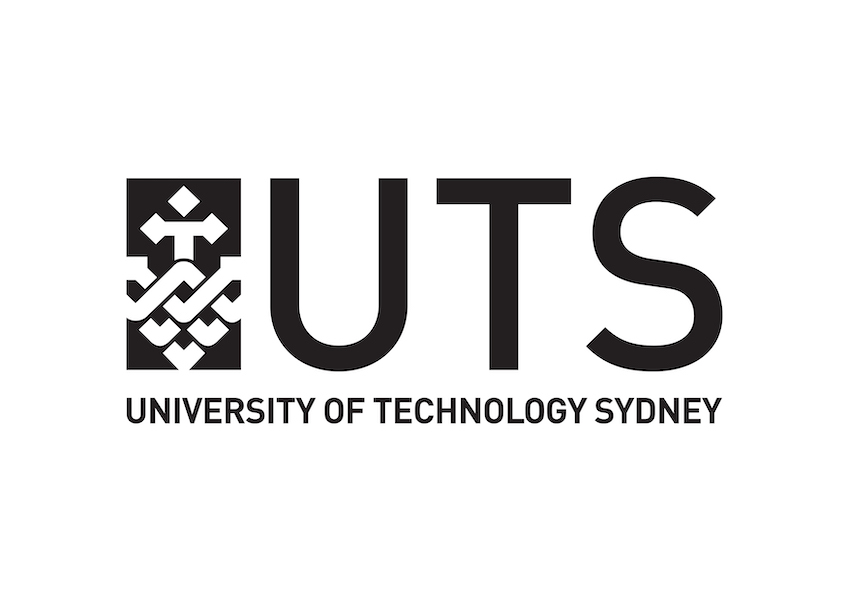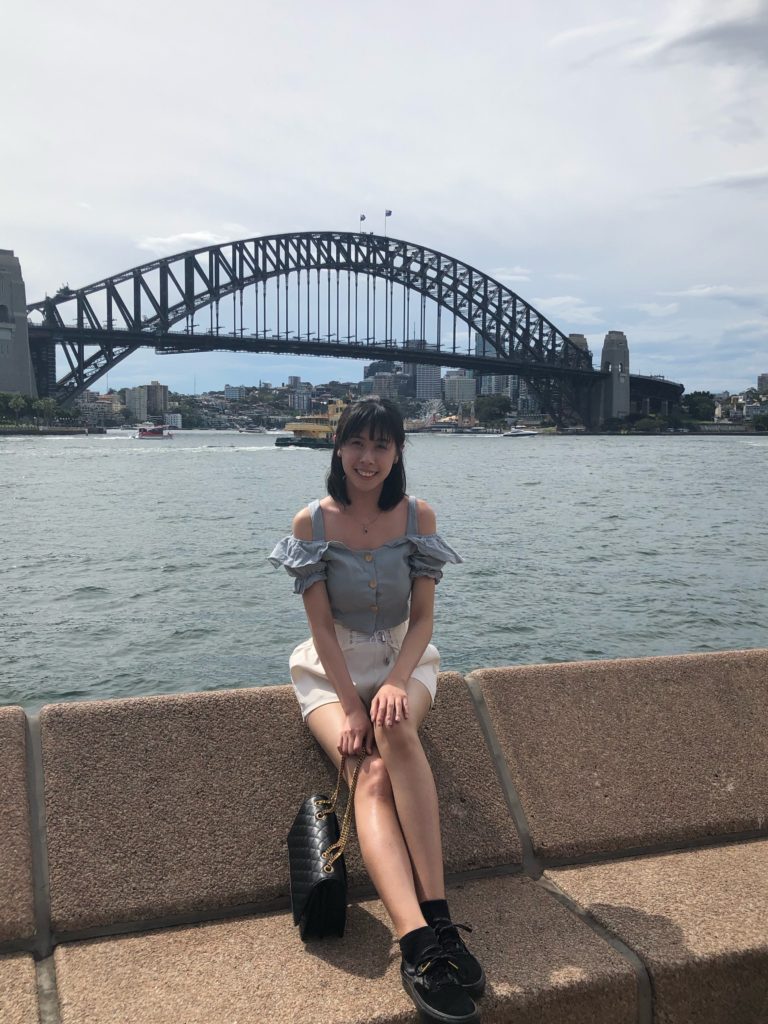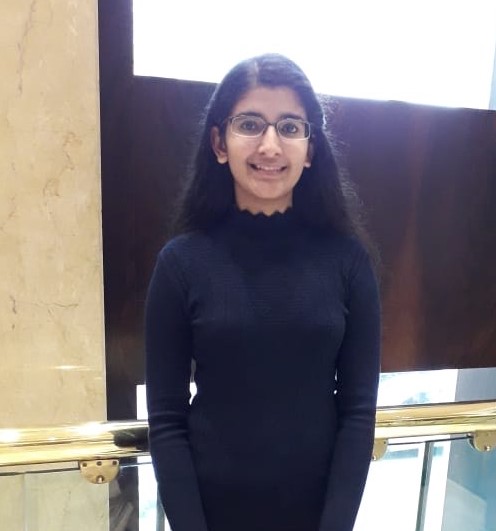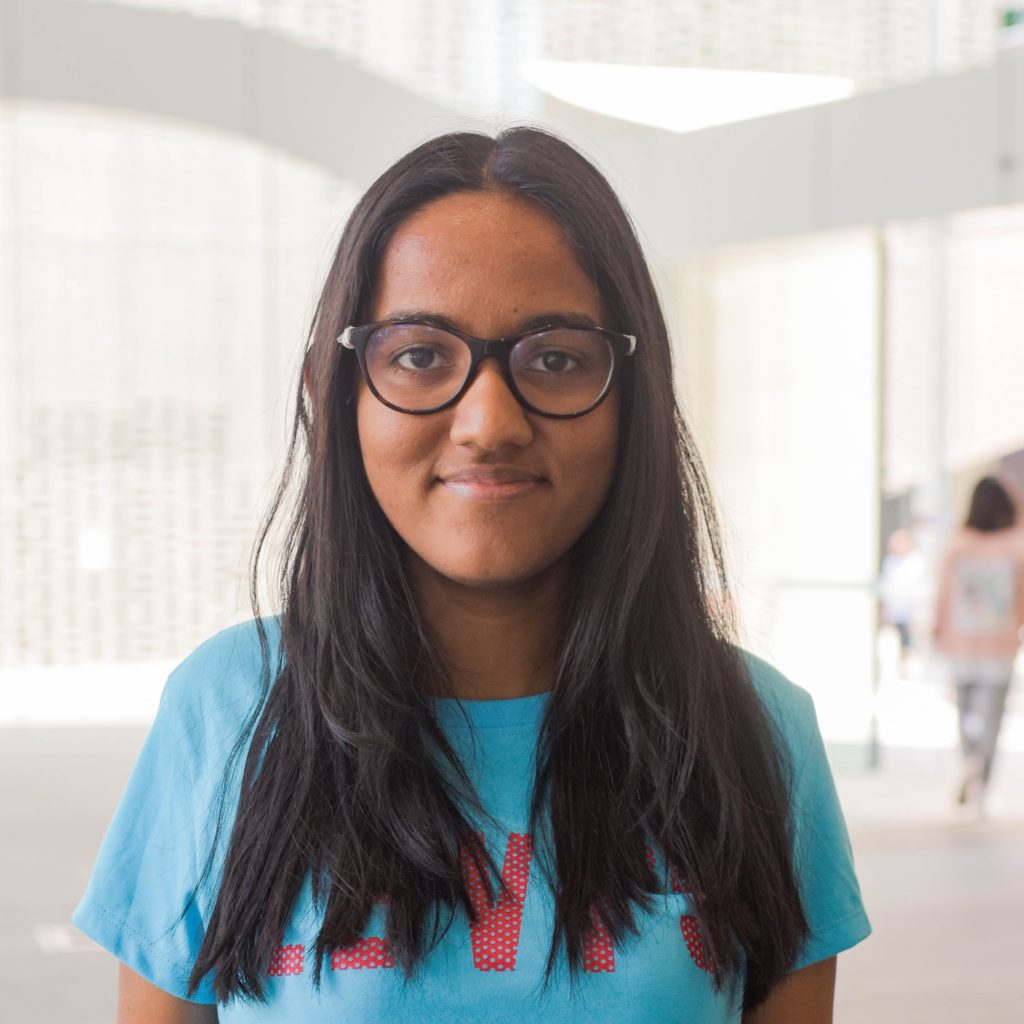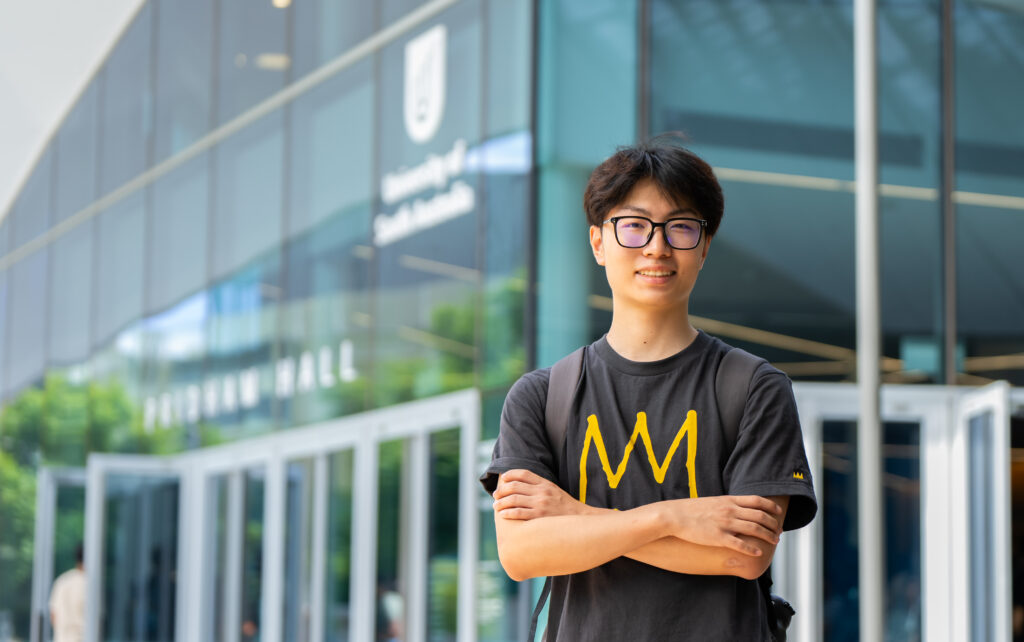Science is a fast-moving and multidisciplinary field, capable of changing the future of our planet and society. Not so long ago, the field was dominated by men. But these days, more and more women are pursuing their scientific passions.
We spoke to three University of Technology Sydney (UTS) students who are entering the exciting field of science, finding out why they love their degrees, their take on studying in Sydney, and what they have in mind for their futures.
YingHui Fung
Originally from Malaysia, YingHui received a full tuition scholarship to study a Bachelor of Advanced Science at UTS in 2018.
Having lived in the same country her entire life, YingHui saw studying overseas as an opportunity to learn. “I wanted to experience different cultures, as I was born and raised in Malaysia and had only experienced Malaysian culture,” she says. “I knew widening my horizons would be very beneficial for me.”
Now a Sydney local, YingHui loves her new life in such a multicultural city. “People are friendly and willing to embrace friends from different backgrounds. It’s pretty cool.”
YingHui was drawn to science because she wanted a career that could help people. Knowing she wasn’t interested in pursuing nursing or medicine, YingHui decided to major in pharmaceutical science.
“Pharmaceutical products help improve someone’s quality of life,” she says. “If people have fewer side effects from products, or avoid going through surgery, they can live a better life. Creating treatments outside of surgery is important because surgery can create further problems. In the long run, I’d like to work somewhere between healthcare and business, and try to produce or modify medicine to help people.”
YingHui says that her UTS degree has offered her so much more than just learning from books. Speaking of a recent university internship experience, she says, “I worked with students from different specialties like engineering and business. We looked at how to reduce injury rates and how to find treatments that are affordable for people. We get to learn from other people in the business.”
YingHui has also participated in an external internship program, where she joined a research project on tissue treatment for burns patients.
“Science plays a significant role in our recovery from natural events, like the bushfires last summer. Scientists can help the medical team with the burns patients’ recovery. I’m looking out for more internships in real pharmaceutical companies to see how they run and how they work.”
YingHui is positive about the future of women in science and encourages more women to consider studying science degrees.
“I don’t feel like there is a gender barrier to go into science, especially for my degree in pharmaceutical science or in biomedical science where there are more women in the degree than men. Why not join science! Because science can improve the living quality of humankind.”
When asked if she has any advice for future international students, YingHui says, “Come to Australia if you really want to learn about a different culture and mindset. People from Sydney and, I would say, the whole of Australia, is welcoming to all people from all kinds of backgrounds. Most international students are concerned about the financial side. Look around. I believe there are different kinds of sources that help you study. Prepare and step out of your comfort zone.”
Mugdha Nanajkar
Mugdha first learned about UTS at an education fair in her home country of India. Having almost completed her Bachelor of Science in Chemistry, Mugdha was looking to further her studies. She happened to meet a UTS professor, who told her all about the Master of Forensic Science.
“Forensic science was completely new for me – I had just watched those crime series on television,” she says. “Forensic science is the application of all different sciences like chemistry, biology, and even statistics. The traces we find on the crime scene are analysed and those analyses are based on chemistry.”
Thanks to her high grades in her undergraduate degree, Mugdha received a highly competitive scholarship, offered to only one student across the whole of India.
“When I applied to forensic science, I heard about the scholarship offered by UTS. But the condition was you had to get more than 90% in your bachelor’s,” she says. “When I learnt about the scholarship, I still had one semester left. I worked really hard and I was fortunate enough to get 94% in my bachelor’s. The other condition was that the scholarship was going to be offered to only one international student out of all the applications. I knew it was really hard, so when I received the offer, it was really unexpected and I was so happy.”
Mugdha arrived in Sydney in February this year, just before the COVID-19 outbreak.
“I went to UTS for the first three weeks and it was really cool and I enjoyed it a lot,” she says. “I visited the Opera House, Darling Harbour, and Bondi Beach. I went to uni for one lecture. And then for COVID-19, the full semester went online.”
Despite the new online structure, Mugdha is still enjoying her classes.
“The first semester was really good,” she says. “I had a subject on innovation and commercialisation. A group of four of us designed a novel product – an imaginary one – that related to wound healing. We designed a bandage based on manuka honey and curcumin, and we worked through all of the stages of the business plan from concept to milestones.”
Mugdha is a strong advocate for women in scientific fields, explaining, “Only 20-30% of women are employed in science and that is even lower in developing countries like India. I think women are hardworking and can perform equally well as men or even better. And there are good jobs for women. When it comes to educating women, the family plays the most important role. Because I have such an encouraging and supportive family, I am here today. My father has always given me the freedom to choose a career of my choice.”
While Mugdha is currently enjoying her master’s degree, she also has ambitious plans for her future.
“I am planning on applying for a PhD in the field of forensic science with a major in toxicology or forensic intelligence,” she says. “After doing a PhD, I’d like to work in Australia if I get the opportunity, or I may go to India and work with the forensic science department in the Central Government of India.”
Minduli Withana
Originally from Sri Lanka, Minduli received a full tuition fee scholarship to study at UTS. For her, the decision to move to Sydney was an incredibly easy one to make.
“I always knew I wanted to study abroad because moving away from home and coming to a new place would be an opportunity to grow as a person and be independent,” she says. “I decided to come to Australia because of UTS. The degrees there really appealed to me.”
Minduli says her favourite thing about living in Sydney is getting to know people from around the world. “I love the fact that it’s really multicultural and you have people from different countries. It’s really great to get to know the different ways in which people think.”
At UTS, Minduli is pursuing her passion by completing a Bachelor of Advanced Science majoring in medical science. “When I was in school I really enjoyed science and I wanted to pursue something where I could seek out information,” she says. “For me, medical science is really the combination of all of that. We get to enquire, think critically, and do research into everything around us.”
Already, the degree has offered valuable insight into future career possibilities, preparing Minduli for life after graduation.
“We are taught by people who are working in the field that they are teaching,” she says. “They are doing some pretty groundbreaking research in what they are teaching and it’s really inspiring to talk to them and know what our career prospects are. In one of my classes, we had to design and conduct our experiment, gather our data, manipulate, and analyse it. I think those sorts of experiences really prepare you for your career.”
Speaking of her recent experience working in a UTS laboratory, Minduli says, “I’ve basically been able to conduct my own little experiments and observe the growth of bacteria. Being able to get that hands-on experience and really think for myself has been so exciting.”
Minduli believes that it’s an exciting time to be a woman in science.
“I know that some women aren’t perhaps as confident in pursuing science but personally, from working in laboratories and volunteering there, I see so many women that are working and making some groundbreaking research. I think women should get into science because there are so many opportunities and so much great work that can be done. Science is, in my opinion, the future.”
After studying, Minduli is looking forward to working in countries that are leading the way in scientific research. “I want to figure out what specific field of science I’m interested in and get into a career in research.”
When asked for her tips on applying for a scholarship, she advises students to be authentic.
“I think a lot of students try to be what the university is expecting them to be, but I think the key thing you need to remember is to be yourself and be authentic. I think that’s what makes you appealing to the university.”
She also advises all future students to choose degrees that they genuinely feel passionate about:
“Don’t pick it because you feel pressured into it or because you feel like you aren’t capable of studying something else.”

